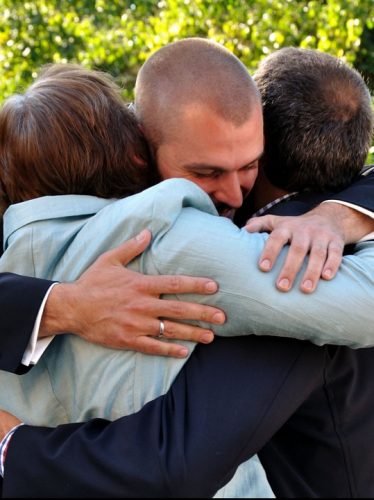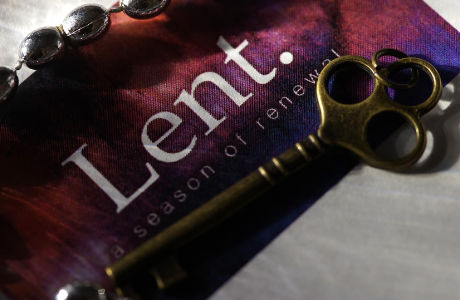Alarming reports however, are streaming in from all over the world that Christian believers in many countries are being tortured, imprisoned and even killed because of their faith in Jesus.
A report by Britain’s intelligence service MI6 reveals that there is an estimated 200 million Christians in 60 countries who are now facing persecution.
There were close to 100 million martyrs in the last century – that is more people martyred for their faith in Jesus Christ in the 20th century than in all the previous nineteen centuries combined. 15 million of these were Orthodox or Catholic Christians who died under the Soviet regime between 1917 and 1980, primarily in prison camps. Some were crucified by nailing them to the door of their churches or stripped naked, doused with water and left to freeze in the winter air.
More people died in circumstances related to their faith in the last century than in all the 20th century wars combined.
According to the 2011 Open Doors’ World watch list of the worst persecuting nations, North Korea has topped the list again. More than 50,000 Christians are incarcerated in work camps in North Korea because they refuse to submit to the extreme views rigorously enforced by the country’s dictator, Kim Jong-Il. One expert on North Korea stated: “Christians are the target of fierce government action, and once caught, are not regarded as human. Last year we had evidence that some [of those captured] were used as guinea pigs to test chemical and biological weapons.”
Other persecuting countries include: Iran, Afghanistan, Saudi Arabia, Somalia, Maldives, Yemen, Iraq, Uzbekistan and Laos. Muslim nations are the biggest persecutors of those of other faiths.
So, what should our response be to these things?
Firstly, we should be grateful that we live in a nation such as Australia that grants us freedom to express our faith.
Secondly, we need to be prepared. We do enjoy great freedom in Australia right now, but that might not always be the case. Jesus said, “If they persecuted me, they will persecute you also …” (John 15:20).
Thirdly, be encouraged. Maybe you’re experiencing a level of persecution right now. The Bible tells us that nothing – not even persecution – can separate us from the love of Christ” (Romans 8:35).
Fourthly, be compassionate. Sympathy looks and turns away, compassion comes to help and stay. Proverbs 31:8 encourages us to “speak up for those who cannot speak for themselves, for the rights of all who are destitute.” In the United States, after fierce lobbying by some churches and other groups, American legislators agreed to levy punishments ranging from diplomatic protests to economic sanctions against countries that persistently persecute Christians and other religious minorities. We can make a difference by speaking up.
Finally, be prayerful. Last Sunday more than 300,000 churches in 100 countries took part in the International Day of Prayer for the Persecuted Church. Add the persecuted church to your prayer list. Pray specifically that God would be glorified; the great commission would be completed, that the Holy Spirit would purify and comfort his church.
If you would like to find out more on how you can assist persecuted Christians around the world check out these websites and books:
Open Doors: http://www.opendoors.org.au
Christian Solidarity Worldwide: http://www.csw.org.uk/home.htm
World Christian Resources:
http://www.missionresources.com/persecuted.html
Welcome to Australia
http://www.welcometoaustralia.org.au/
Faith that endures: by Ronald Boyd-MacMillan
In the Lion’s Den: by Nina Shea
The persecuted church prayer devotional: by Beverly Pegues
If you like this blog share it on facebook or retweet it.









